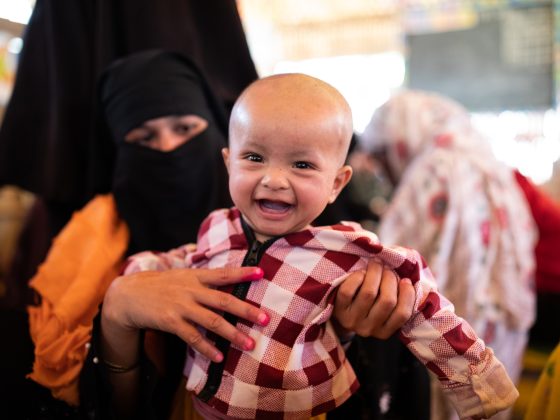
Pashe Achhi Telecommunications Model
Pashe Achhi means “Beside You” in Bangla. It is a phone-based remote learning model developed in response to the COVID-19 pandemic.
The Pashe Achhi Telecommunications Model aims to:
- Supporting caregivers in adopting playful learning approaches to engage positively with their children.
- Provide information on COVID-19.
- Support children’s learning and development during the pandemic.
- Address the well-being of mothers and their children.
- Develop the skills of Play Leaders and Mother Volunteers.
- Ensure that staff, facilitators and front-line service providers feel heard, respected, and valued for their contributions in supporting families during this crisis.
Pashe Achhi Telecommunication Model
Who we
worked with
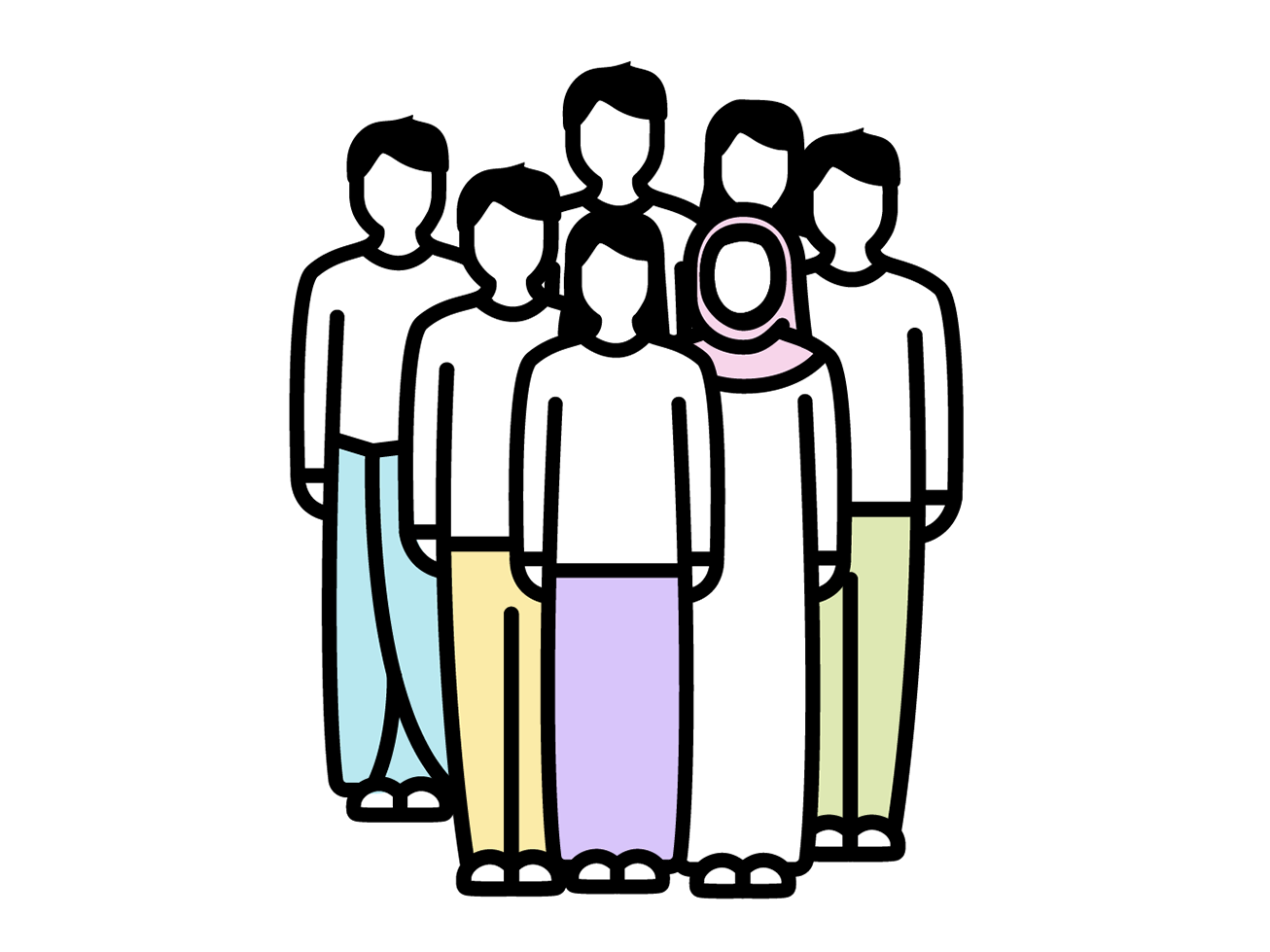
Caregivers of children age 0–6
Where we
worked
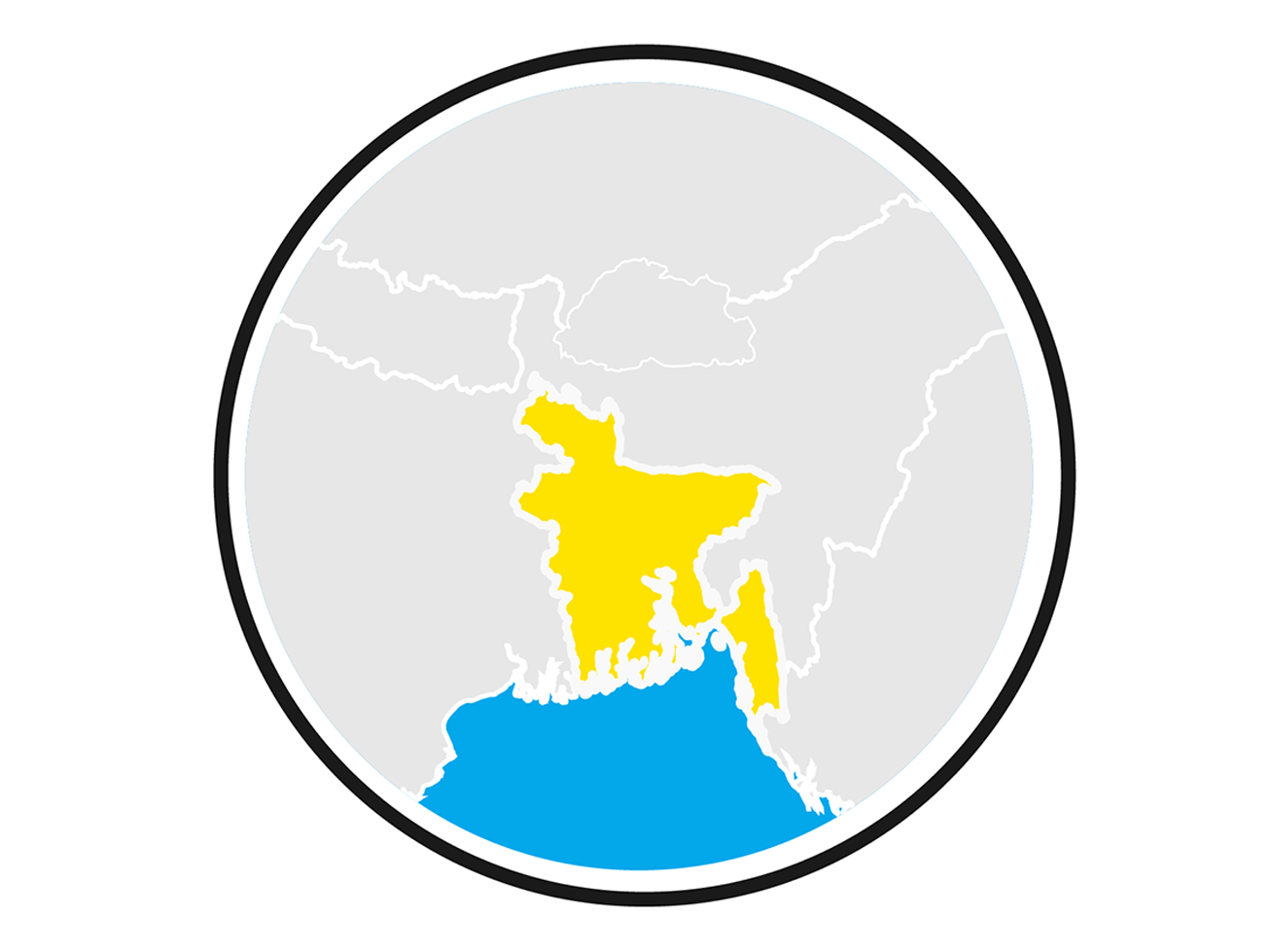
Bangladesh
How we delivered content
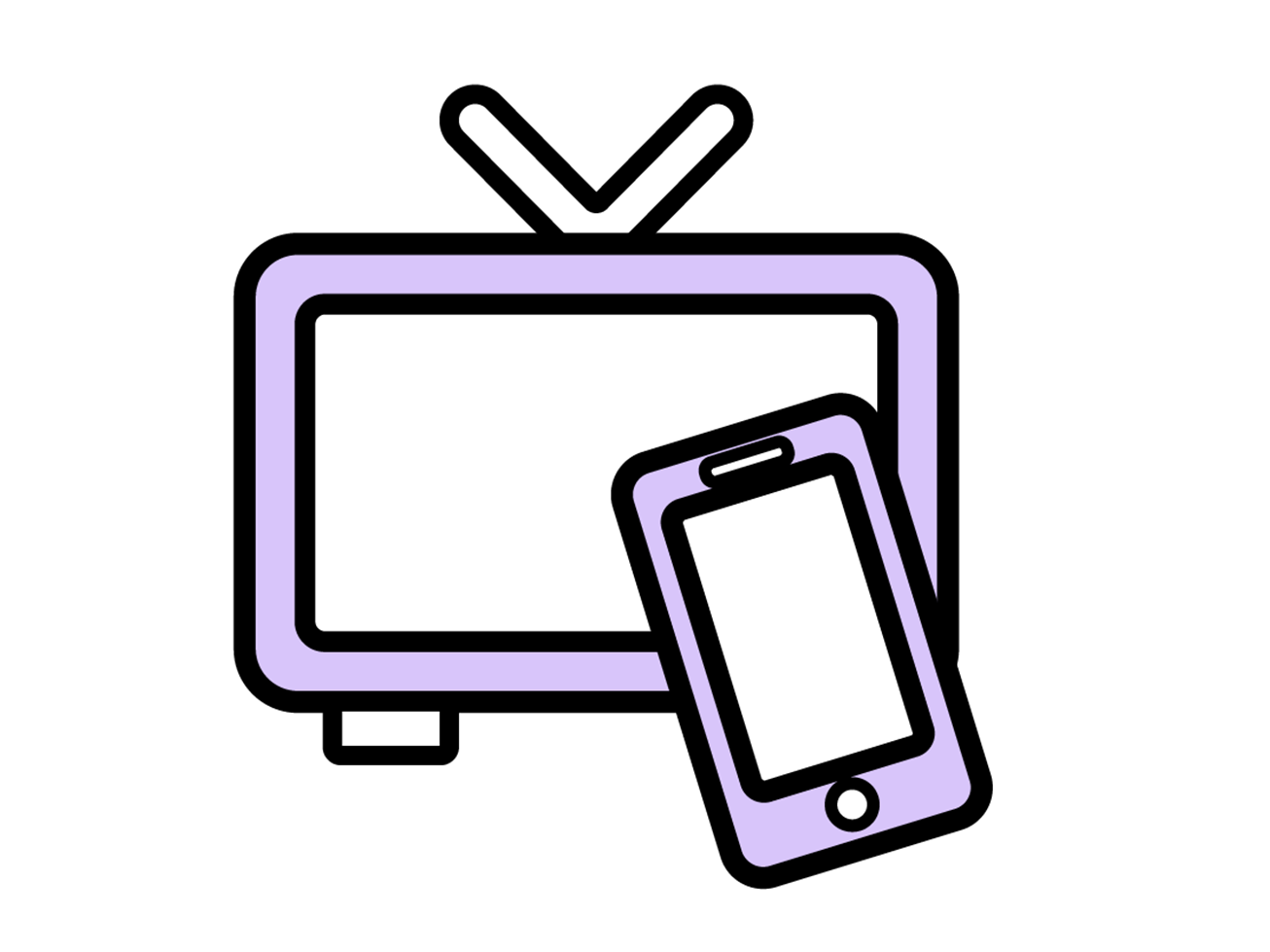
Remote
Facilitators follow scripted sessions to support caregiver wellbeing and lead caregivers and their children through playful activities
Frequency
.
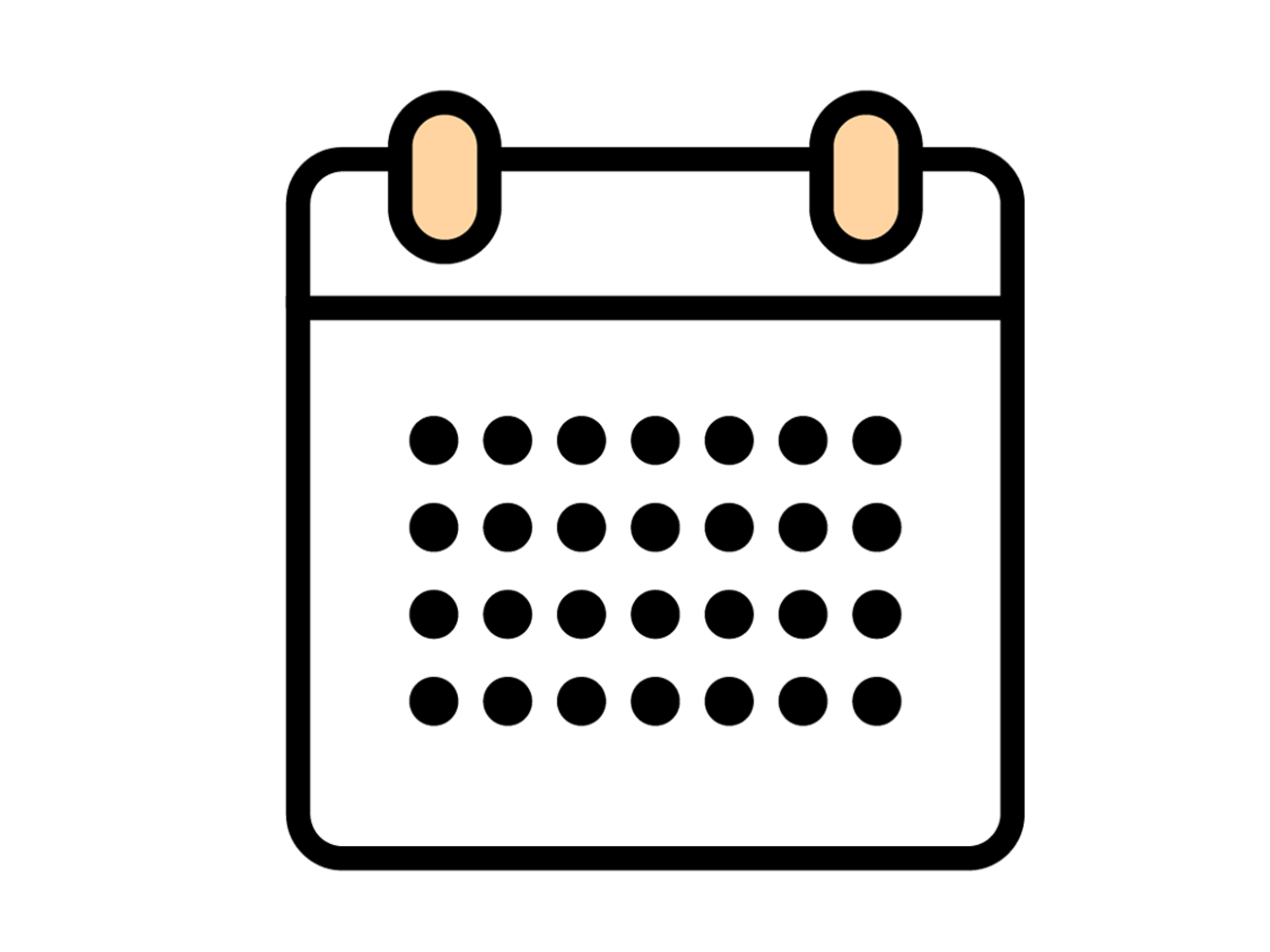
Scheduled
Participants received one 20-minute call each week for 10 months
Program Delivery and Content
The Pashe Achhi Telecommunications Model was designed in response to the Covid-19 pandemic as a remote alternative to the in-person Humanitarian Play Lab model. Initial phone calls follow a simple, conversational style with the aim of conveying essential messages and fostering a sense of connection with participants. Subsequently, BRAC developed a script that integrates well-being, learning and play into tele-counseling and tele-learning. Scripts were crafted to address the distinct learning needs of various age groups and settings. Facilitators use a telecommunications curriculum and a curriculum to conduct home visits.
Training and Supervision
Training in the telecommunication model follows a cascade model and is carried out online. Master Trainers were responsible for training Trainers, who, in turn, train Facilitators, Play Leaders, and Volunteers, who who all play a vital role in supporting caregivers. The Master Trainers were play-based curriculum developers and trained psychologists.
Both the Master Training and the Training of Trainers last two hours, while the frontline training for facilitators and others was a one-hour session. The training is based on written scripts and is an audio recording, supplemented by a training guideline. Monthly refresher courses on the telecommunication model were also conducted, lasting one to one and a half hours for the 0-2 age group and standard refresher trainings for ages 2-6.
The refresher training serves as a platform for sharing experiences related to the calls and the facilitation process, which ultimately benefits from caregivers’ and children’s feedback.
Monitoring and Evaluation
The COVID-19 pandemic initially stalled monitoring and evaluation activities. Nonetheless, pilot studies were conducted to gain insights into the knowledge, attitudes and practices of frontline workers and to gather feedback from beneficiaries. Formative research on the pilot scripts was also conducted with frontline workers and caregivers. As part of the process, sample calls were recorded, and quality assessment tools were developed for evaluating training and service delivery calls.
The quality assessment tool includes items related to building rapport, managing sessions, speaking and active listening, demonstrating respect, offering emotional support, message quality, ethical considerations, interactions between facilitators and children, and caregiver involvement. Several measurement tools were either designed or adapted to monitor various outcomes, including child development, caregiver-related outcomes (e.g. early childhood development (ECD) knowledge, attitudes towards gender equity, supportive interactions, self-care practices, mental well-being and parent-child relationships), as well as outcomes related to facilitators (e.g., ECD knowledge and mental well-being).
129, 577 Caregivers and Children
93,471 Children and 126,106 Caregivers benefitted from the Pashe Achhi Telecommunications Model
95% of surveyed children
95% of surveyed children had improved physical, cognitive, creative, social, and emotional skills.
99% of Caregivers
99% of surveyed caregivers reported an increase in providing supportive interactions with their children.
Outcomes for children, caregivers, and facilitators in the camps are further detailed in the 2021 Annual Assessment of Pashe Achhi. Outcomes of Pashe Achhi in the host communities showed a positive effect on caregivers’ ECD knowledge and self-care practices.
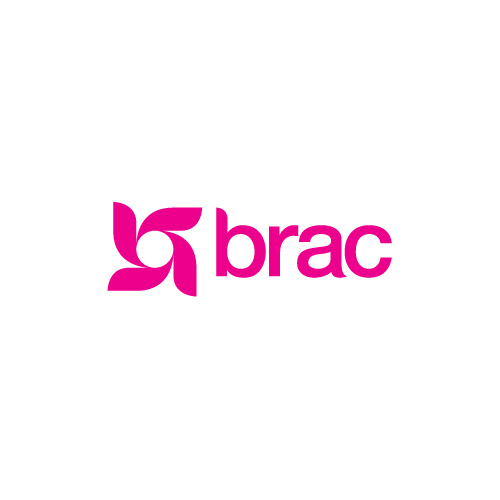
BRAC
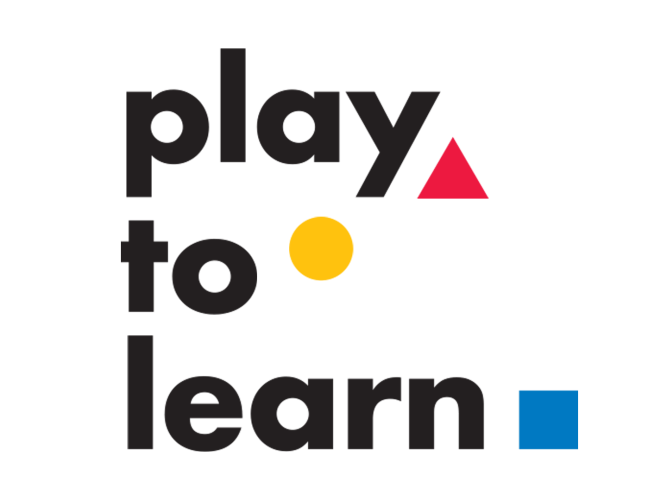
Play to Learn
